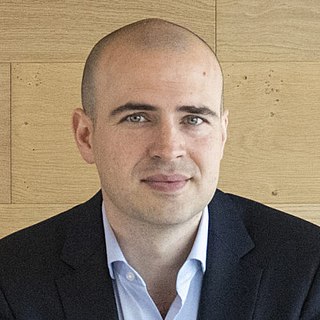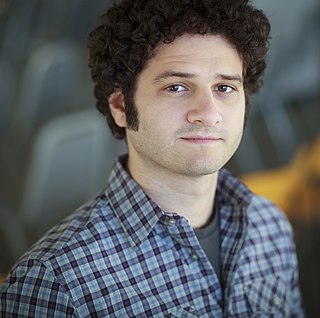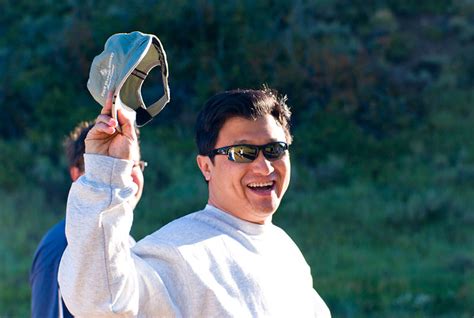A Quote by Reid Hoffman
The reason the social-networking phenomenon is something that I invested in early and massively - I led the Series A financing for Friendster; I founded a company called Socialnet in 1997; I founded LinkedIn; and I was part of the first round of financing in Facebook - it sounds trivial, but people matter.
Related Quotes
Often, entrepreneurs don't build a board until they are forced to by their VCs when they raise their first financing round. This is dumb, as you are missing the opportunity to add at least one person to the team who - as a board member - can help you navigate the early process of building your company and raising that first round.
Startups need to focus on building a foundation for their company culture early, and then they need to revisit it often. Every time a hire is made, a feature is launched, a Facebook status is updated, a press interview is given, a round of financing is raised, or a meeting is held, culture should be part of the decision-making process.
One of my friends started a company in 1997, seven years before Facebook, called SocialNet. And they had all these ideas, and you could be, like, a cat, and I'd be a dog on the Internet, and we'd have this virtual reality, and we would just not be ourselves. That didn't work because reality always works better than any fake version of it.
Whenever I talk to people who founded a company, I often like to ask the prehistory questions 'When did you meet? How long have you been working before you started the company?' A bad answer is, 'We met at a networking event a week ago, and we started a company because we both want to be entrepreneurs.'
I think we should be very clear on this. You know, this country was founded on the principles of the Enlightenment... It was the idea that people could talk, reason, have dialogue, discuss the issues. It wasn't founded on the idea that someone would get struck by a divine inspiration and know everything right from wrong. I mean, people who founded this country had religion, they had strong beliefs, but they believed in reason, in dialogue, in civil discourse. We can't lose that in this country. We've got to get it back.


































